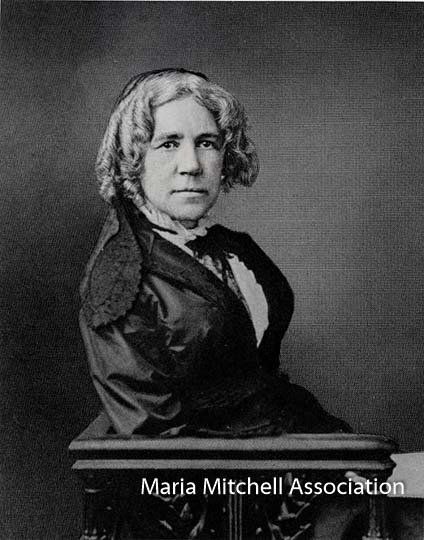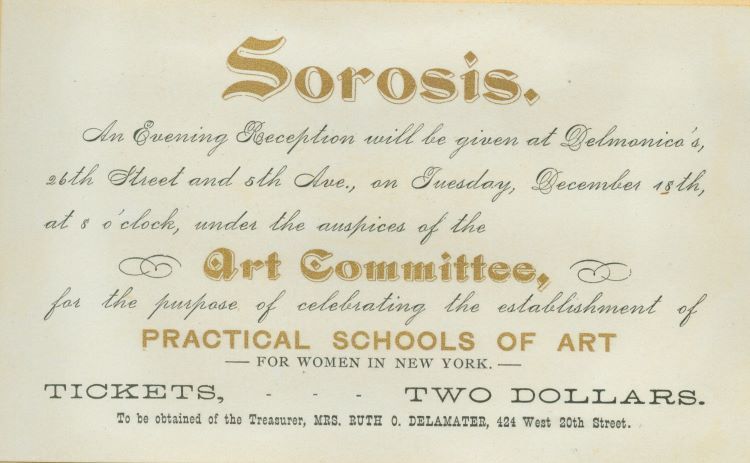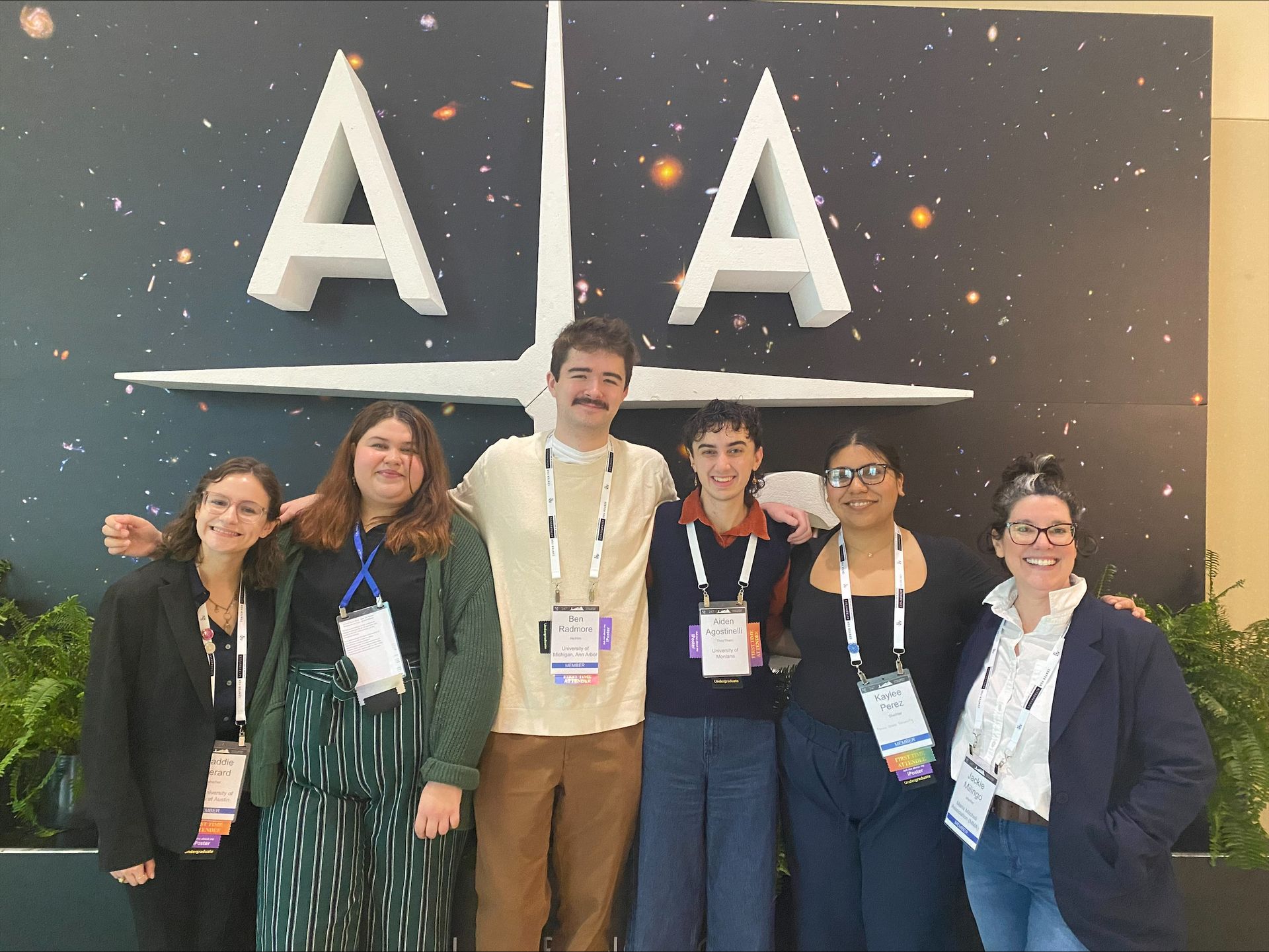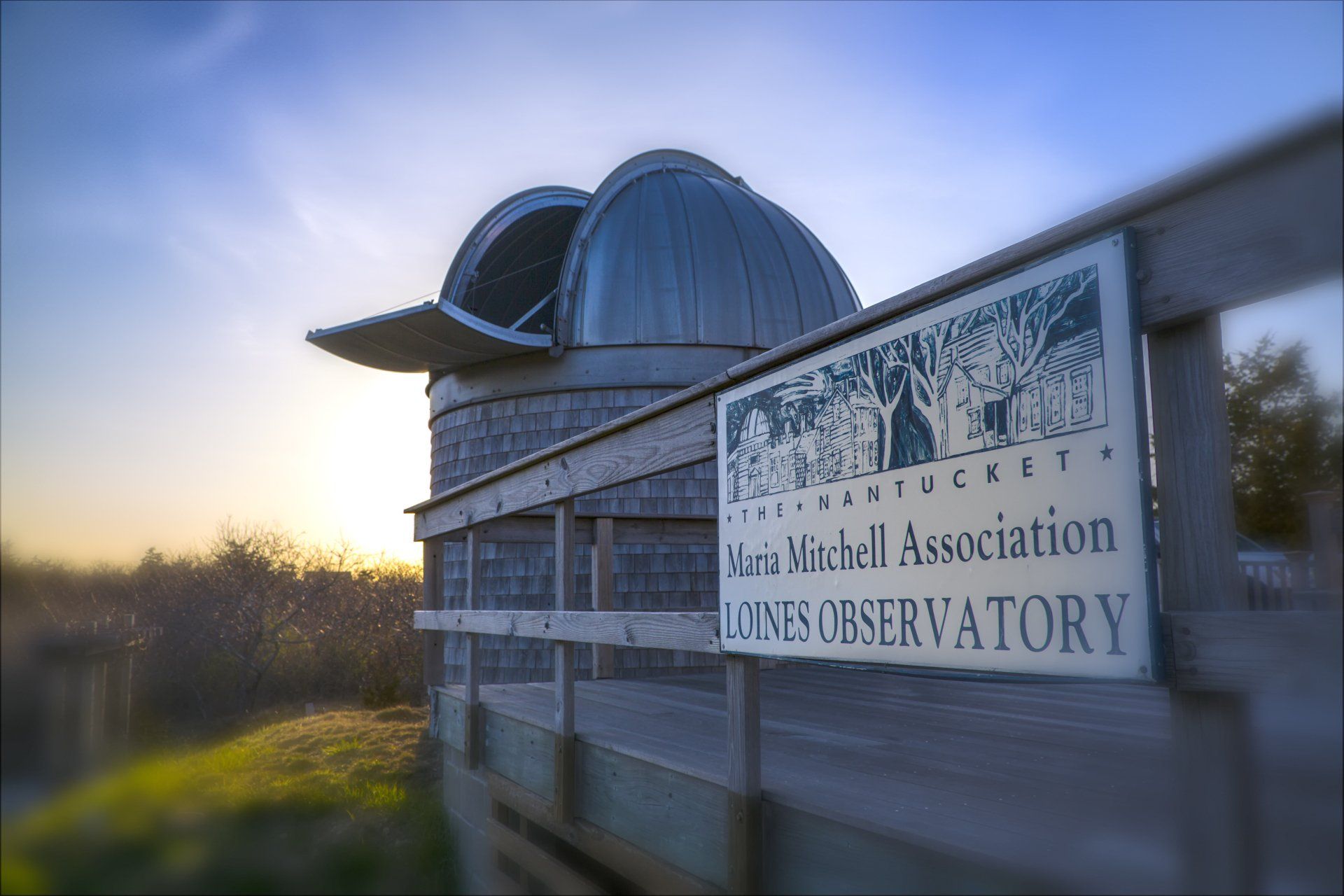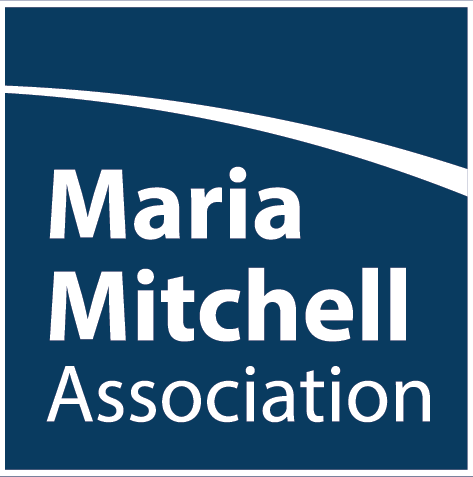Nantucket Star Count
Nantucket, MA – Nantucket Lights and the Maria Mitchell Association invite Nantucket residents to take part in Nantucket Star Count: April 22-30.
Star-filled skies have historically been one of the most magical things about Nantucket. Nothing beats looking upwards to see velvety blackness, with twinkling constellations as far as the eye can see. But artificial light at night is increasing each year, adversely affecting our ability to enjoy truly dark skies as well our circadian rhythms, ability to sleep, and general quality of life. There is also growing evidence that light pollution has a serious detrimental effect on wildlife, including plants, insects, and even marine life. Satellite data indicates that light pollution has increased at a rate of 2.4% a year since 2012 on Nantucket but it might be even worse than that because satellite sensors are blind to the blue light emissions emitted by many LEDs.
To get a better understanding of how and where light pollution is affecting our dark skies, Nantucket Lights, a citizen advocacy group dedicated to combating light pollution on the island, and the Maria Mitchell Association are calling upon Nantucket residents to become “citizen scientists” and report their night sky observations on at least one night between April 22 and April 30. Those are the dates of 2022 International Dark Sky Week, an initiative of the International Dark-Sky Association to raise awareness about the importance of preserving dark skies around the world.
You won’t need a telescope to participate in “Nantucket Star Count” – just your eyes, a smartphone or tablet, and a willingness to help. Basically, you’ll be asked to compare what you see with your naked eye in or near the constellation “Leo the Lion” with what you see on star “magnitude charts” and report your observations via a web app.
If enough people participate, the data collected will show where our skies are the darkest as well as where the most light-polluted areas are. For comparison purposes, Nantucket Lights and Maria Mitchell plan to repeat this in July or August to assess how much the summer crowd contributes to light pollution.
Step-by-step instructions are available on the Nantucket Lights website and on Friday April 22 and Saturday April 23, if the weather cooperates, the Maria Mitchell Association will kick-off the week with Open Nights at Loines Observatory (59 Milk Street Extension) to provide in-person guidance. From 8:30pm to 10:00pm, astronomers will be on hand to explain the steps involved and answer any questions so that participants can span out and report observations from all over the island during the rest of the week. It can take around 10 minutes for the human eye to adjust to night time darkness, so participants are advised to dress warmly. Registration is not required.
The founder of Nantucket Lights, Gail Walker, urges everyone to participate. “We need people all over the island to do this to have a good set of data. It would be wonderful to see families with children doing this together. By counting stars and mapping our dark skies together, we can fight back against light pollution and preserve our night sky.”
Joanna Roche, Executive Director of the Maria Mitchell Association, added, “We are excited to participate alongside Nantucket Lights and to engage the community in this effort.”
For Immediate Release
April 11, 2022
Contact: Logan Gomes, Director of Advancement
Recent Posts
